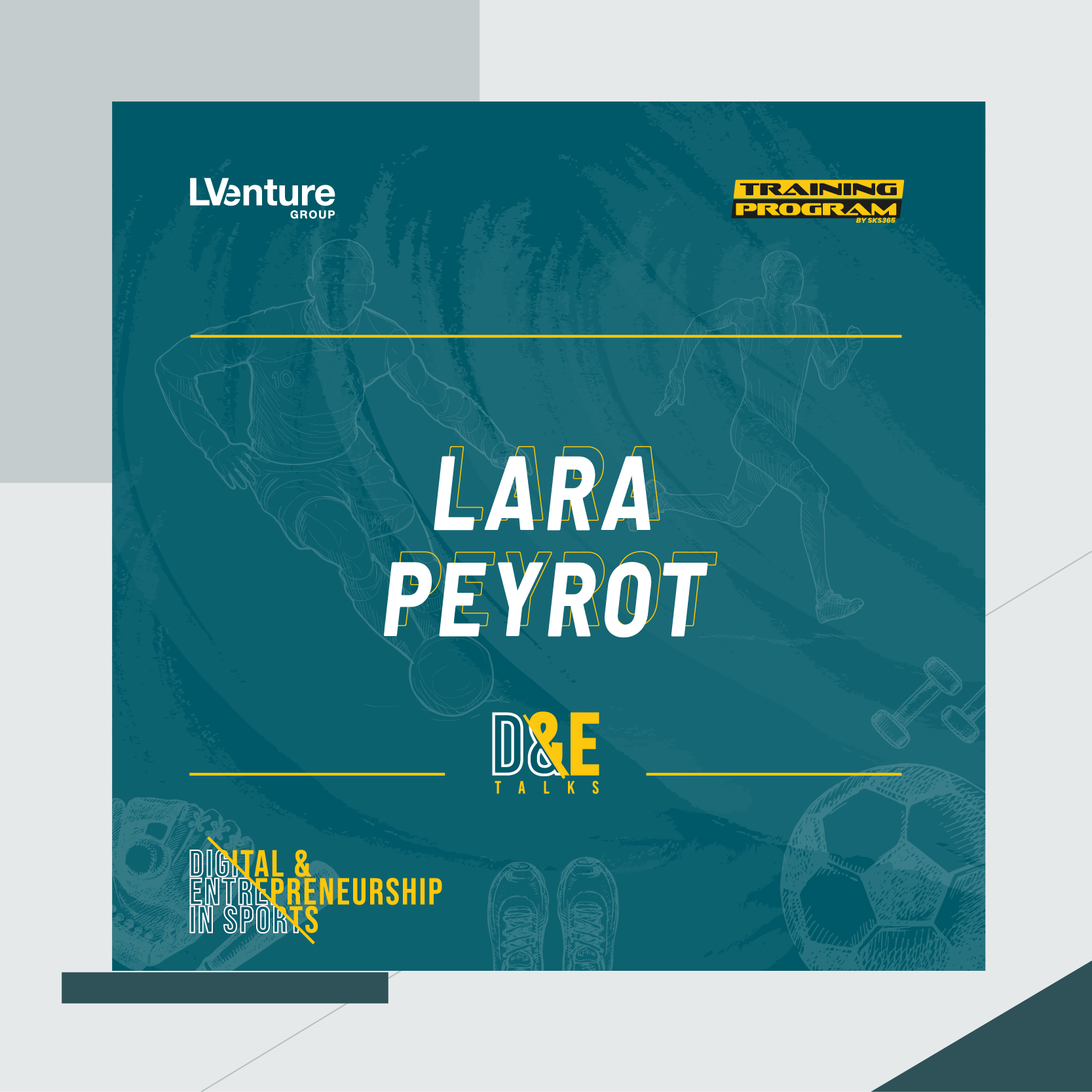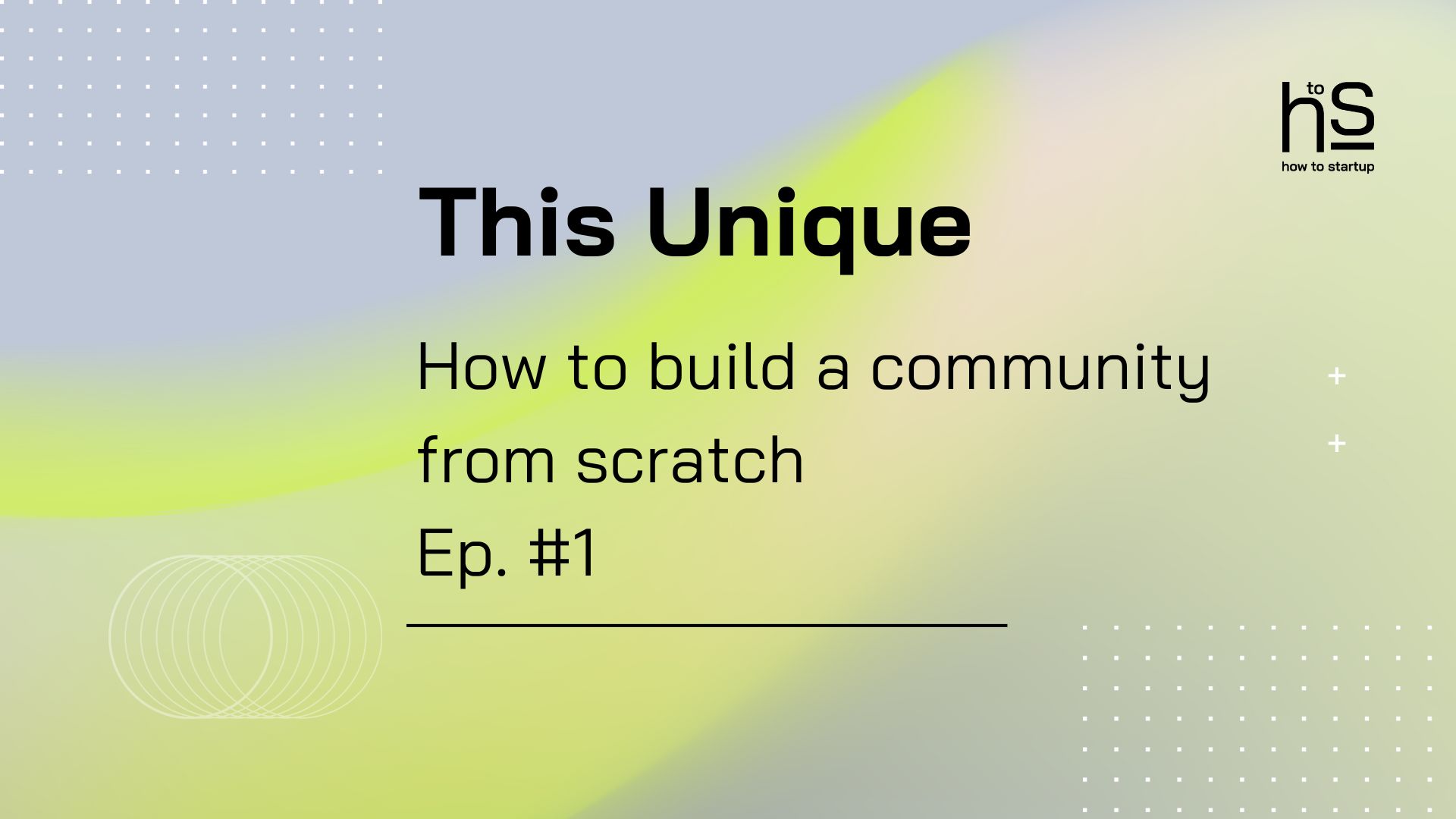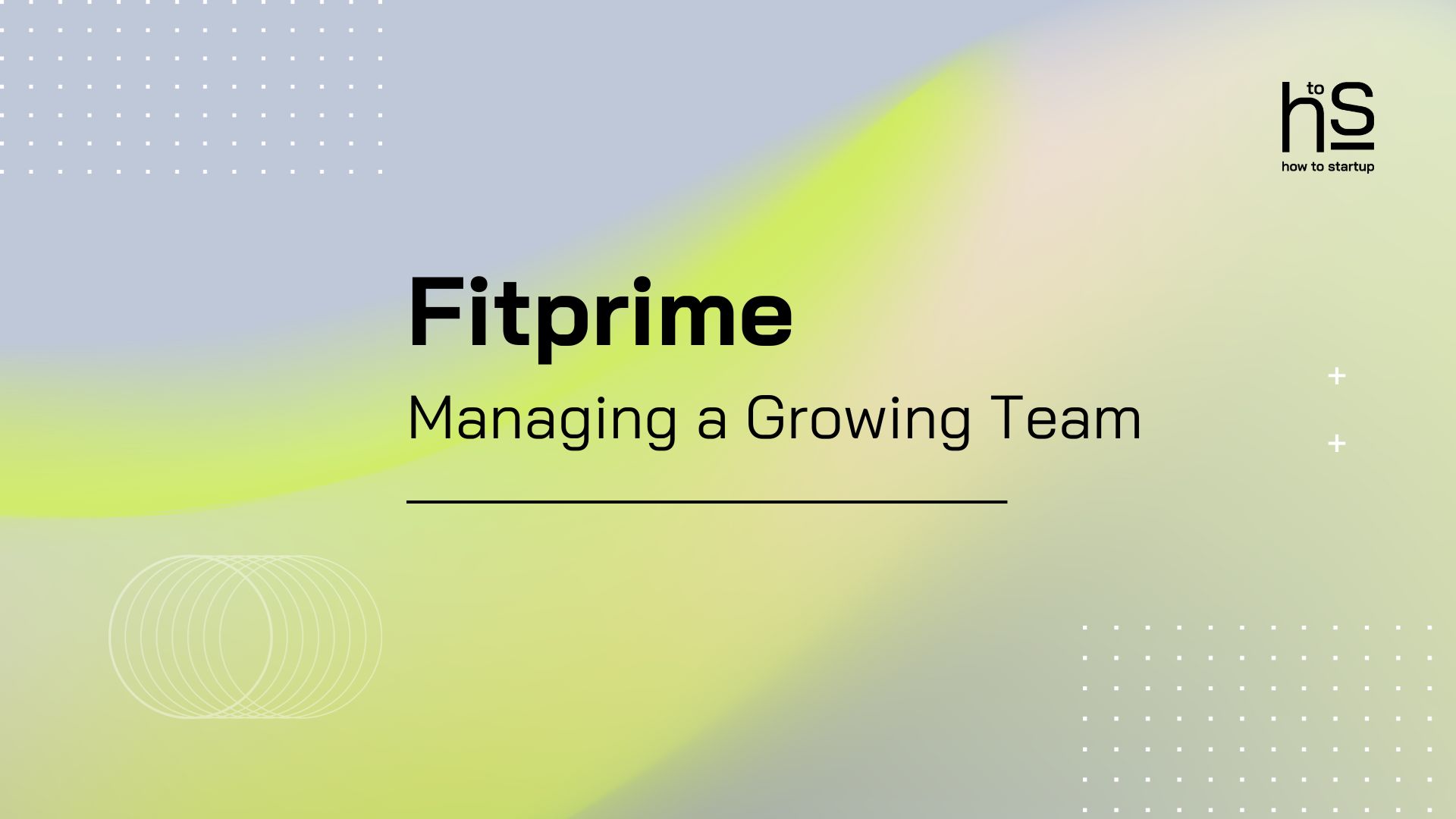At different times in history, sport has marked the life and traditions of peoples and nations, it has been a means of rebellion and political and social change, it has influenced popular culture and marked the path to the future. There are sports that are so closely linked to the history of a country that they write it. This is the case of cross-country skiing with Sweden and in particular of Granfondo, the competitions longer than 42 km. Tradition, in fact, has it that the first granfondo in history took place in 1520, on the part of Gustav Vasa I (the future King of Sweden), who skied the stretch between the cities of Mora and Sälen to escape the attempted murder of the regent Christian “The Tyrant”.
The Vasaloppet race has been held on this 90 km course since 1922 and has seen the Italian colors shine thanks also to Lara Peyrot, who was able to reach the podium of the queen of Granfondo races, triumphing in 2003 in the general classification of the circuit with victories, among other stages, in the Marcialonga and in the Keskinada Loppet in Canada. 23 podiums in the Marathon Cup with 10 victories, a bronze medal at the World Junior Championships and a third place in the World Cup team, the sporting achievements, values and teachings of cross-country skiing remain alive even after Lara’s post-career, joining the family’s entrepreneurial culture, towards new challenges.
It’s with her that we open our D&E Talks interview series, with the athletes featured in our Digital & Entrepreneurship in Sports Program in collaboration with Training Program by SKS365.
What values has cross-country skiing passed on to you?
The values that cross-country skiing has given me are many. If I had to list the main ones I would start with discipline, without discipline in sport you can’t reach any goal. It is also fundamental to have perseverance, determination and preparation, which must be combined with passion. Passion is the fuel that drives discipline. Then sacrifice, we have to make sacrifices, which are a compromise with our dreams. I’ve also learned to appreciate having to pursue a delayed reward, training from spring to reap the rewards in the winter months, training even when things aren’t going right. One of the things I have always appreciated about cross-country skiing is the meritocracy along with honesty and fairness: there is a stopwatch and whoever scores the lowest time wins, there are no shortcuts or compromises and subjective judgments.
“Passion is the
fuel that drives discipline”
What are the key lessons you’ve taken with you into your subsequent experience in the working world?
Definitely the fact that I never stop at the first obstacles and believe in what I do. I always say that we are used, as adults, to tolerate the dreams of those who play sports, but not those who don’t play sports, it seems that they don’t have the right to. I think it’s important to have a dream, to have the passion to pursue it. The things that have been most helpful to me post-career have definitely been the need for planning and organization, the ability to rely on myself, without waiting for someone else to solve any problems. Sport has given me back an important capacity for problem solving, it has made me realize that I am my own entrepreneur. When I had a problem I had to find the strength to solve it, without relying only on the national team or the Sports Group. To recover from one race to the next, I had to be the one to run the ideal routine. This applies to everyday life and, more importantly, to doing business. I learned about myself and how to make decisions by evaluating what works best for me, sometimes making “brave” decisions. I’ve learned a lot, especially from the most difficult and dark moments such as the post-injury periods, I’ve learned a lot from defeats, they taught me to get up, roll up my sleeves and work twice as hard.
“Sport has given me back
an important capacity
of problem solving,
it made me realize that I am
my own entrepreneur”
You have obtained important successes in the “Granfondo”, competitions where concentration,
the need to reduce errors, and energy management are important aspects.
Has successfully facing these challenges given you an extra gear even in the phase following the professionalism?
I have always been a very resistant athlete, I didn’t digest the sprints, even from a psychological point of view, so I have always been more suited to long distances. You find yourself having to stay focused for so long, you have to deal with yourself, with the wall of crisis that sooner or later comes in every race and you have to find the energy to overcome it. During a Keskinada Loppet in Canada, one of the most prestigious stages of the international granfondo circuit, we were racing in -29 degrees, unacceptable conditions. At one time we were all starting together, men and women, and I was hooked into a train of athletes who were going at my pace. I had over 3 minutes on the second competitor, but at a certain point I found myself alone. The lead gradually disappeared and in the final kilometers I found myself paired with the second, neck and neck for the win. As I said, I’ve never been a fast athlete in the final sprint, but I had such a strong reaction of anger, of desire not to give up, that I managed to win. It was an incredible satisfaction because on a psychological level it would have been much easier to give up: sport also teaches this, it is fundamental for the next steps in your professional life.
“You find yourself having to stay focused for so long,
you have to deal with yourself,
with the wall of crisis that sooner or later comes in every race
and you have to find the energy to overcome it”
According to your experience do you think there is a gender gap in professionalism
or does sport manage to bridge differences that we still see too often exist in the world of work or business?
On a personal level, I have been very fortunate, in the sense that I have never been subjected to situations of inequality. Before, the situation was different, in the sense that the women’s national team had to earn equal respect and treatment over time. As far as remuneration and competition prizes are concerned, they have almost always been the same between men and women, as well as the weight of contracts and sponsor prize tables. I was one of the first women to join the Winter Sports Group of the Flames Hour, along with Karen Putzer and Daniela Ceccarelli. Obviously the environment was very masculine but I fitted in as best I could, without asking for any facilitation, neither during my sports career nor in my subsequent work experience. One of the aspects that is still penalizing for a woman sportswoman is definitely related to motherhood. For example, there are no programs for the return to competition after maternity leave, no services or help, everything is left up to the individual’s abilities.
“One of the aspects that is still penalizing for a sportswoman
is definitely related to motherhood.
There are, for example, no programs for post-maternity competitive comeback,
services or help,
It’s all up to the individual’s abilities”
Can you tell us how a world-class athlete like you
handled the transition from professionalism to the next phase of life?
I was very lucky because I had the opportunity to stay, at the end of my career, within the Gruppo Sportivo delle Fiamme Oro with an administrative role, but remaining in the sporting context, managing relationships with athletes, federations and sponsors. However, it was not easy to get out of my daily training routine. The thing that weighed on me the most, it may seem funny, was the lack of silence. I was used to an average of two workouts a day, on the slopes, in contact with nature, where even when you’re in a group there’s not much talking. Going to the office, talking all the time in person or on the phone, was very heavy, I would have preferred to do 30 kilometers a day on skis – she jokes -.
In your experience, do athletes have the tools,
support and training needed for this very important transition?
Often, for professional athletes in what are considered minor sports, the only possibility that opens up is that of public employment in the Sports Group or in the relative Public Administration. I was lucky, I repeat, to remain in my field, but many of my colleagues may have found themselves on patrol in large cities. An athlete may have other skills, other aspirations, other talents that could be put to good use in different contexts, but he or she has no orientation in that direction.
Why did you choose to participate in Digital & Entrepreneurship in Sports?
What areas of the Program have impressed you the most and that you feel are useful for a sports person?
First of all, I chose to participate in the Program because it seemed to me a good opportunity, I learned to value the opportunities that life offers me, I am a curious person with a great desire to learn new things, to improve myself, to collaborate with innovative and brilliant minds. I like the program a lot because it has a theoretical part and a practical one, with very useful group work. I think that nowadays, in spite of the period we are living, there are so many opportunities and they are being born in the digital world, so on the one hand we have the responsibility and the duty to be able to exploit this potential. I think this path will be very useful for the improvement of my personal branding but also to give me tools to understand how to implement the activities I’m already developing: having a method is very important.
“I think that in this day and age,
despite the times we’re living in,
there are so many opportunities being born
and they’re being born in digital”
I was struck by the project you would like to develop in the future, to support those athletes who do not want to or cannot join the Military Sports Groups in order to start their professional career.
Can you tell us a little bit about that?
I’ve been thinking about this for a few years, it’s kind of a pet peeve. The motivations are varied. I was one of the privileged people who were able to do sports thanks to a Sports Group, by chance. My aunt told me about a competition with a lot of posts for the State Police in Rome, not specifically for athletes. I passed it and being on the national team, I was then directed to the Sports Group. But many of my colleagues were not able to take this path and had to choose between quitting sports or training by working, in a heroic way, with great waste of talent. In addition, the competition places for a Sports Group, are less and less every year. Subsequent to my sports experience, I worked 8 years in an office and my profession was extremely bureaucratic. Coming from a family of entrepreneurs and being used to doing business on myself, the dynamics were a bit tight and I took my leave. I think of all those athletes who quit and are really disoriented and sometimes choose the only opportunity that presents itself to them also because they don’t have access to different information, perhaps adapting to tasks that are not in their cords, without absolutely devaluing the importance of the p.a. I would like to develop a project that would allow them to preserve and enhance their talent, not only in sports.
“I think about all those athletes who quit
and are really disoriented….
I would like to develop a project
that would allow them to preserve and enhance
their talent, not only sporting”
Do you think digital can also help athletes choose a post-career path that best suits their needs?
I’m hopeful and optimistic about this, for two reasons. The first is because digital offers new opportunities without the many “cons” of traditional work, from physical presence to adherence to fixed schedules. Second, I think that athletes can make the most of personal branding with new digital tools and training, being able to take care of this fundamental aspect without turning to an agency and without turning their lives upside down, working on their own time, anywhere in the world and with whomever they decide. Of course, they need to have information, training, support and tools available to them.
Watch the interview

















